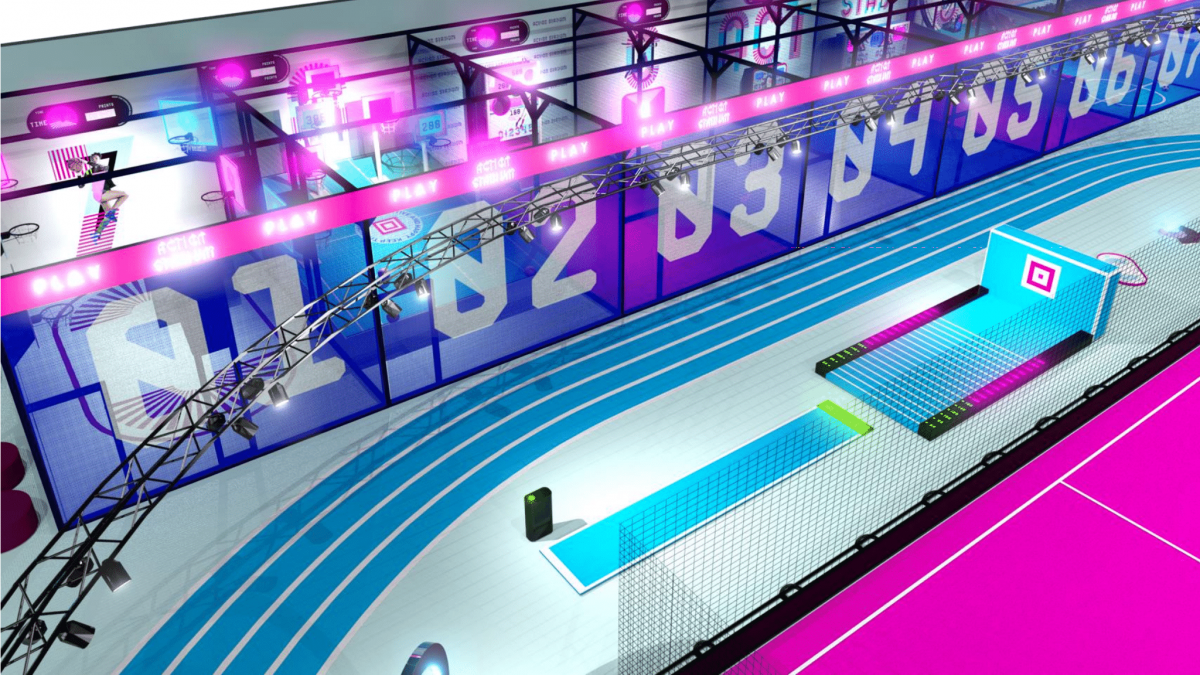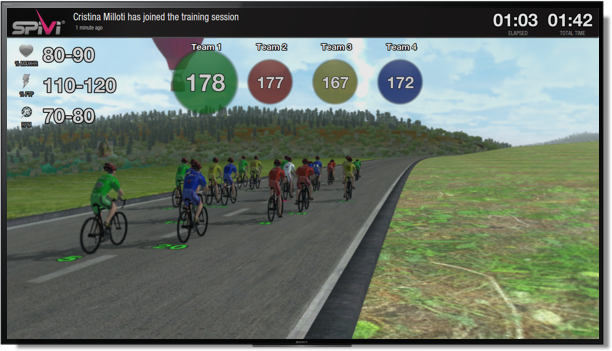
by Carlene Hughes, Director – Savills National Leisure
What is Gamification in Leisure?
Gamification influences the marketing of, interaction with and physical enjoyment of all facets of commercial property. However, what is it and how is it impacting the leisure sector?
Gamification is the application of elements of video game playing to physical activities to create a more engaging and immersive experience. Gamification is therefore another way that new technologies, such as VR, are influencing our enjoyment of traditional leisure activities. Gamification can offer a new way to engage with Millennials and even more so, Generation Z.
Leisure Activities – evolving with gamification
Gamification can be used to raise awareness, build engagement, brand loyalty and revenue for F&B brands through online/app systems – offering customers a chance to play custom games to win prizes. Yet it is the application to the leisure sector where Gamification can transform traditional activities.
Some small scale examples of Gamification are within the competitive socialising sphere. Bounce introduced us to WonderBall technology, which uses art projection mapping to turns a standard ping pong table into a giant computer game where competitors gain points by landing on specific areas. Similarly, Flight Club, a previous venue for The Leisure Property Forum Annual Drinks event, offers gamified modes of playing darts, such as Shanghai (racing for points) and Killer (eliminate your friends) – an exciting new dimension to an age-old pub game.
Munich-based company Fun With Balls offers interactive SQUASH technology, tracking players’ movements and shots on an interactive screen, which can be retrofitted into existing courts.
Gamified technology can therefore add an additional income stream, destinational appeal and can be refreshed with new content, making for an all-round savvy investment.
On a larger scale, South Korean concept Sports Monster also has a unique take on the family entertainment centre, with added elements of gamification. The 55,000 sq. ft. unit in Starfield Hannam Mall, Seoul offers 30 activities within four zones: Basic, Exciting, Adventure and Digital. Activities range from high wires to trampolining, baseball and football practice with interactive screens and VR simulators. The overall diversity of offer with the added technology creates a completely individualised experience.
Health and Fitness Gamification
Boutique Fitness is also an interesting market to consider gamification. Digme spinning studio utilise their ‘Spivi’ programme to generate a leaderboard and alter the virtual road you cycle on. Equally, at-home offer Peloton, which is valued at over $4Bn and filed an IPO in June, offers a stationary bike attached to a tablet, allowing users to access live classes via a $39 per month subscription.
On a much bigger scale, Savills have recently secured Action Stadium to take 39,443 sq. ft. in the former Virgin Active at Star City, Birmingham. Action Stadium label themselves the first ‘gamification of sport’ concept in the UK. The space will offer games such as volleyball, basketball, football etc. in modular spaces but with a high-tech model. Players gain points, compete in leaderboards and have personalised wristband activity tracking. In this way, gamification integrates game mechanics into traditional sports. The desired outcome is increased motivation and engagement. A fitting repurposing of a former health club!
A large element of Action Stadium’s promotion is around getting kids and adults off the couch and engaging in sport. This appeals to funders, local authorities and landlords alike, particularly as traditional gaming does quite the opposite.
The future of gamification in the leisure sector
With the majority of new concepts emerging in the leisure sector now featuring some element of gamification, it is not surprising to see why. Whilst all age groups can respond well to the act of gaming, it is the ‘digitally native’ younger generations which will expect it, with many growing up playing games on their smartphones. The competitive socialising concepts have gained strong traction amongst audiences and Landlords have unsurprisingly welcomed these offers into their schemes. As a key component of successful interaction with consumers, Gamification is here to stay. And for those operators that don’t embrace it…?
Game Over.


